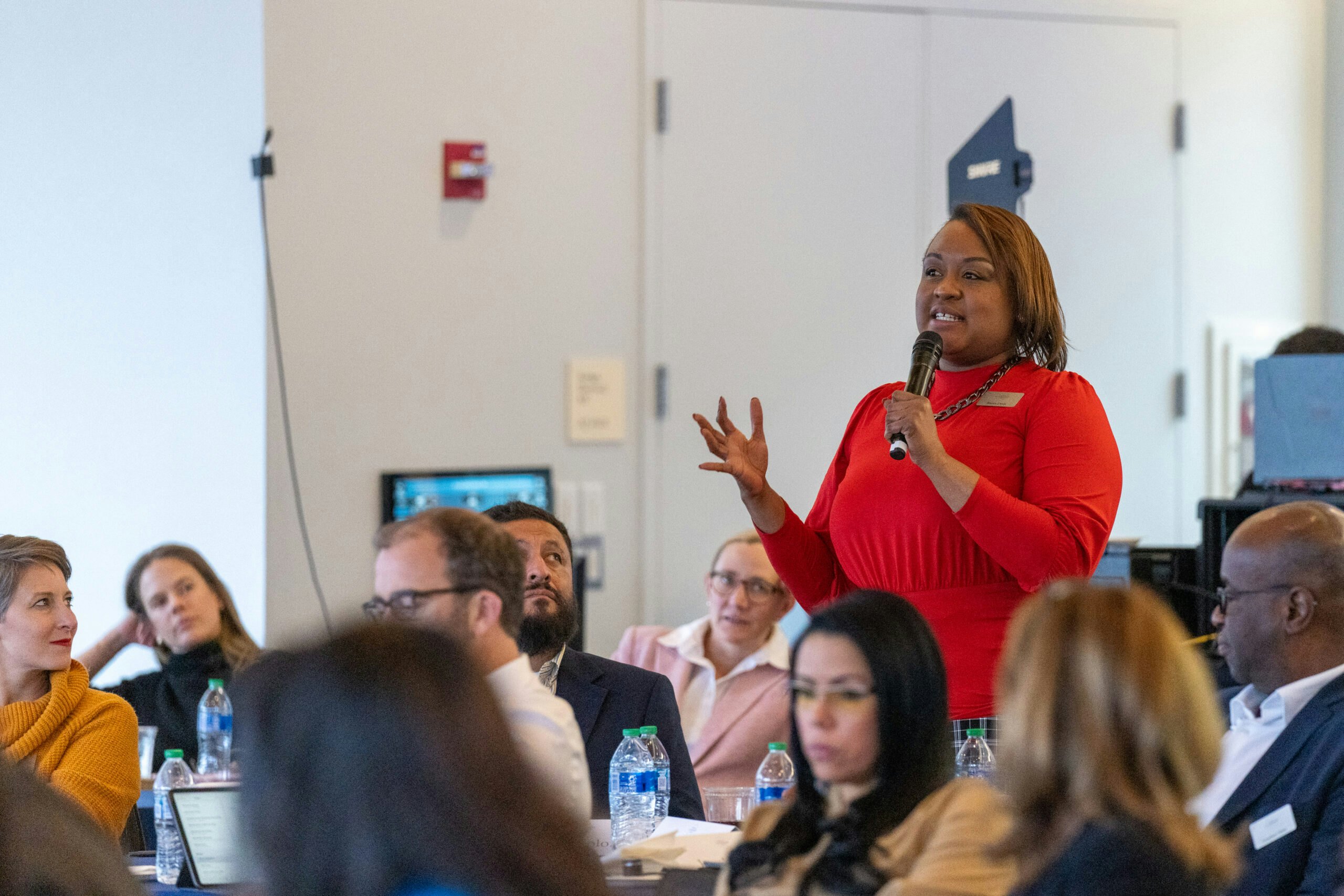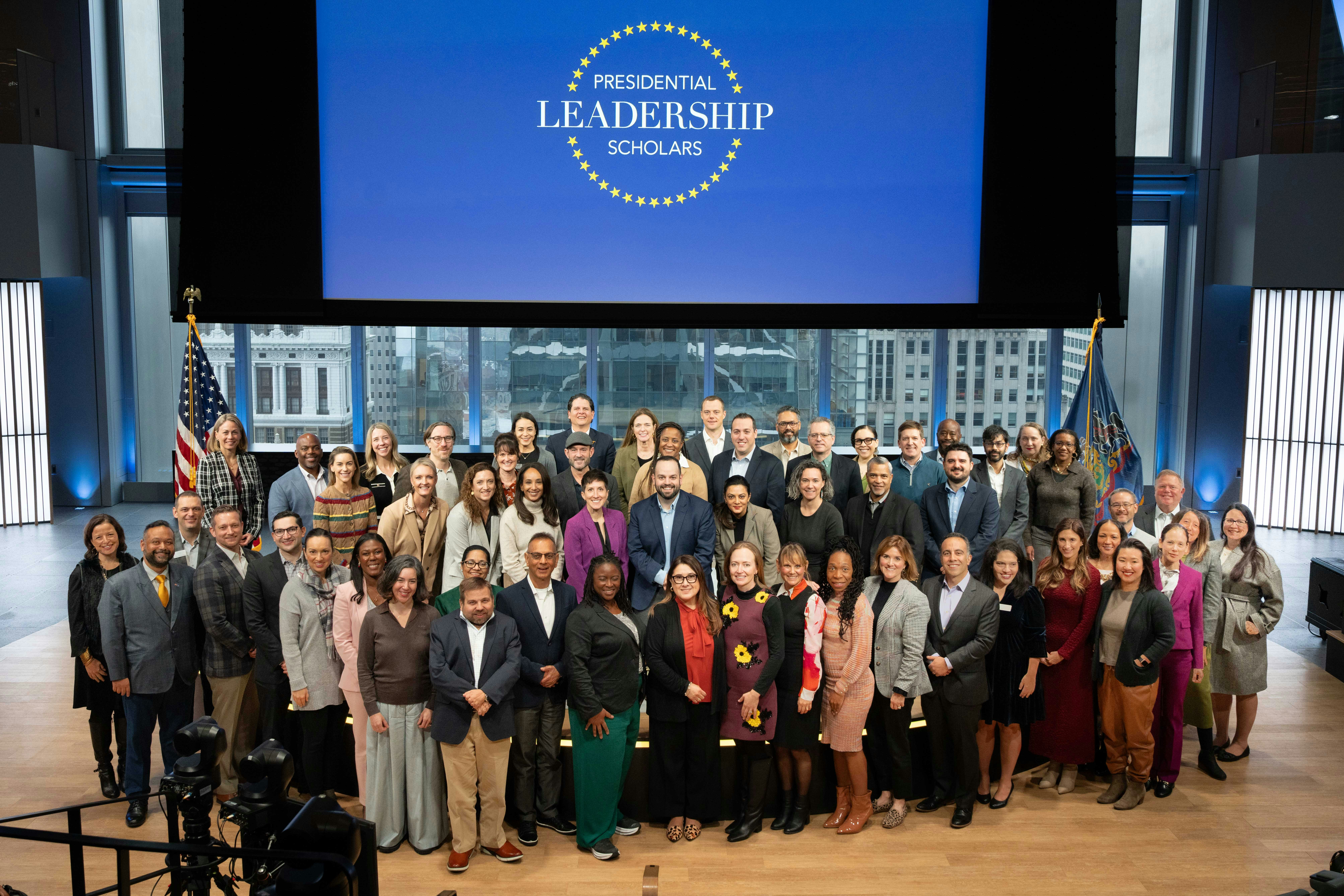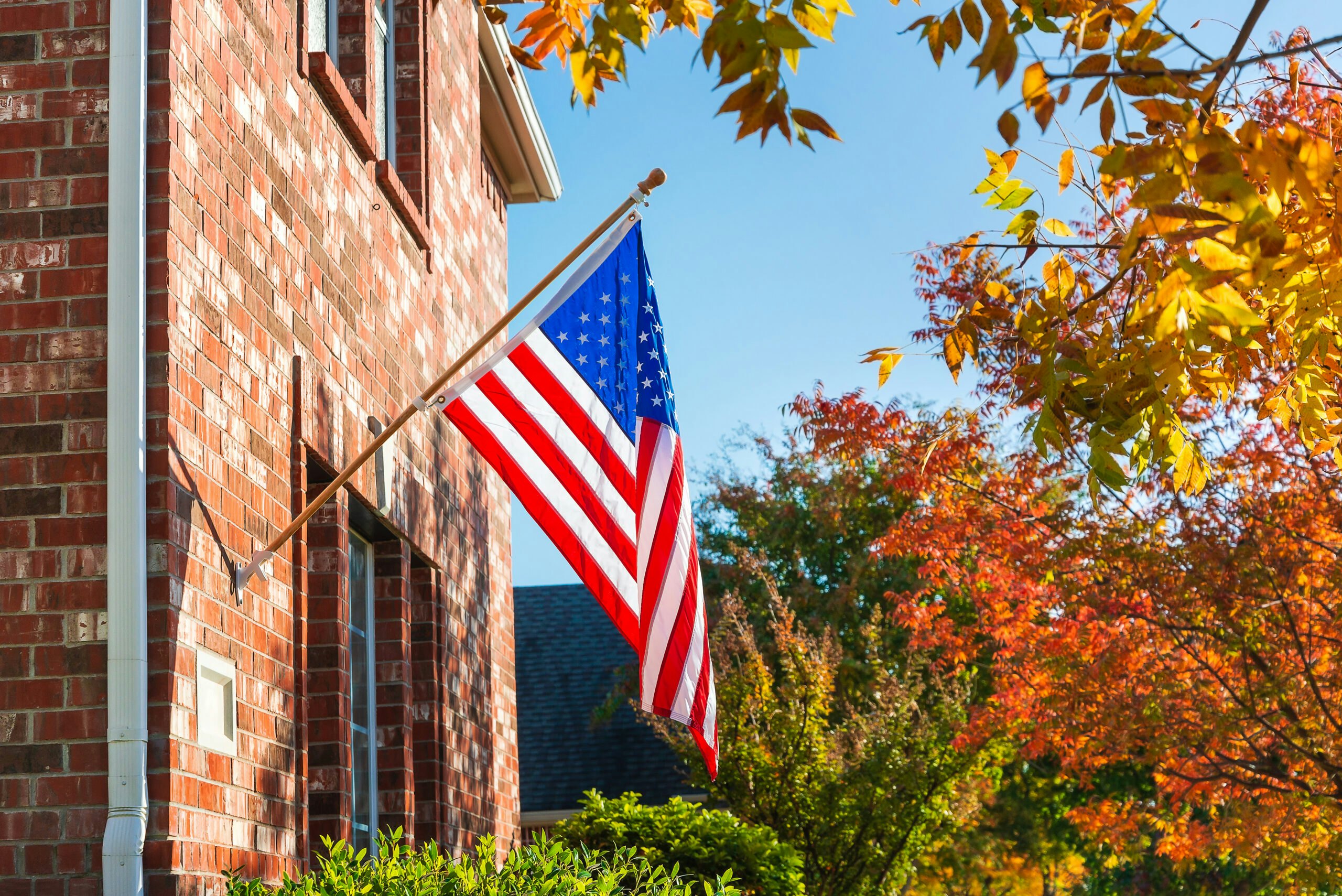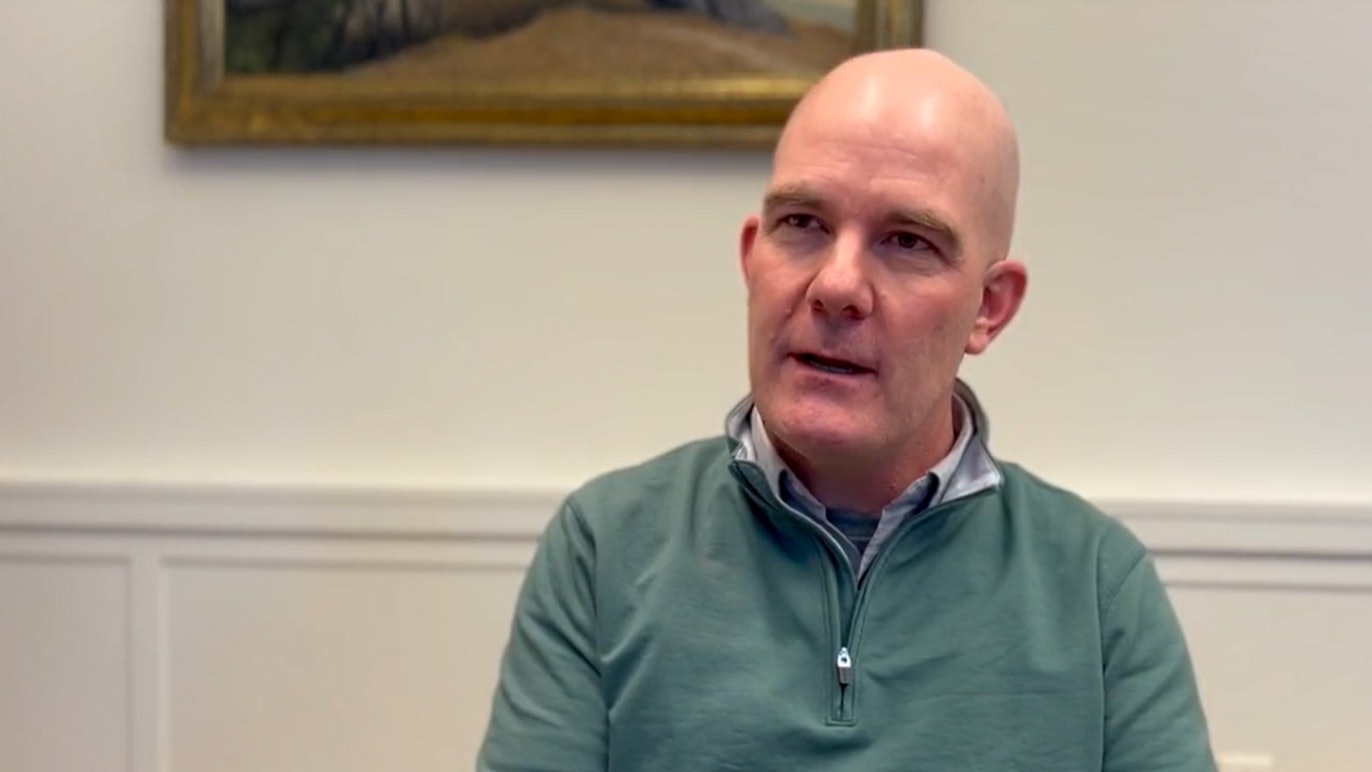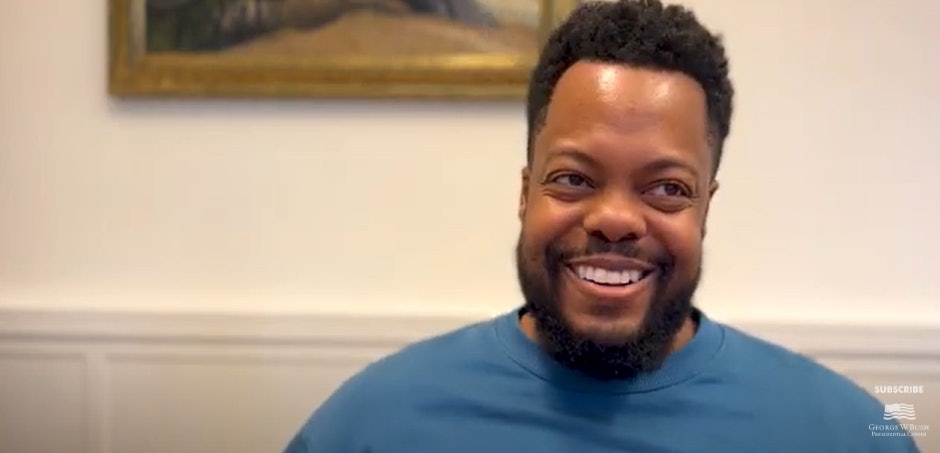Khalil Arab, 2022 Stand-To Veteran Leadership Program Scholar and former interpreter with the U.S. Armed Forces in Afghanistan, shares how his time in the program has increased his impact at Combined Arms supporting SIVs and allies in Texas and beyond.
Please tell us a little bit about yourself and your personal leadership project.
I am a former interpreter who served with the U.S. Armed Forces in Afghanistan between 2005 and 2010. I fled Afghanistan due to a threat letter from the Taliban and moved to Europe where I sought asylum in Poland. While in Krakow, Poland, I attended Jagiellonian University, one of the oldest universities in the world, where I earned a bachelor’s and master’s degree in Persian Studies and a second bachelor’s degree in American Studies. In 2013 I initiated my Special Immigrant Visa (SIV) application to come to the United States. In Europe, I volunteered with nonprofit organizations working with refugees and immigrants. I worked as an interpreter and cultural mediator with the European Asylum Service Office (EASO) in two of the hottest refugee camps in the world, in Lesbos and Samos Greece.
I got approved to come and live in the United States in October 2019, while I was in the middle of my Ph.D. program. My brother, also an SIV recipient, had been living and working in Houston since 2017, so in December 2019, I, too, chose to make Houston my home. I immediately volunteered with the Combined Arms SIVs & Allies group. The group was established by a Marine veteran, whose mission was to help SIVs integrate into American society. I found my passion and decided to volunteer with them and help them for the next year and a half.
Then 2021 was a rollercoaster: The Taliban took over my country, I worked to evacuate at-risk Afghans, I met and married my wife, and I lost my mother. At the end of the year, I was hired to manage the SIVs & Allies program at Combined Arms.
In the Stand-To Veteran Leadership Program, my personal leadership project focused on the expansion of the SIVs & Allies program within and outside Texas. With the arrival of more than 13,000 Afghan evacuees in the state of Texas, after the fall of Kabul, the local resettlement agencies became overwhelmed, and the SIVs & Allies group wasn’t able to meet the high demand. Combined Arms decided to turn SIVs & Allies into a full-time program and tasked me with managing it. The group, just like the organization itself, started out of Houston. Part of my job was to expand our services outside the city, in order to reach more people and drive more impact.
Which lessons learned during the Stand-To Veteran Leadership Program have stayed with you the most, and how have you put those lessons into action?
Two of the greatest lessons I learned during the Stand-To Veteran Leadership program were the importance of a sense of humor and communication. I learned that I can’t be a good leader if I can’t laugh at myself. Laughing at myself makes me a real human being. It makes me a genuine person; it places me right at the center of those who I am leading. It sends a message to my followers – that I am real, I am reachable – and it sets an example for them to follow. The second thing I learned was how your communication style distinguishes you from other leaders. Every leader communicates differently, but the most successful leaders are those who effectively communicate with their team. Being a better communicator will give me the upper hand not just in my professional life, but also in my personal life. I am working on being a better communicator.
What drives your passion for serving the military-connected community?
Our allies in Iraq and Afghanistan sacrificed a lot in the last 20 years, to uphold our values and ideals. They fought for democracy, freedom, and the rule of law. They sacrificed their lives, and the lives of their loved ones, to help us achieve our goals. They are the living embodiment of loyalty, bravery, courage, and selflessness. I get to serve such an incredible group of people day in and day out. They are the force that drives me every day, from dawn when I wake up and look forward to another day, to dusk when I go home and look forward to another day to repeat that.
Combined Arms recently launched its SIVs & Allies Program in North Texas. What are your plans for serving Special Immigrant Visa holders (SIVs) and allies in the region and how can the community support these efforts?
My plan is to leverage the volunteer leadership of U.S. military veterans in the North Texas area to provide complementary support to the existing resettlement agencies to ensure the SIVs and allies community has a straightforward resettlement experience and a successful integration into U.S. society. We do that in a number of different ways. Our social events allow us to acknowledge their services and sacrifices; our referral system connects them to a variety of essential resources available, and, finally, our advocacy/outreach helps represent the SIVs and allies community at relevant events. The program aims to build a community that they feel like they belong to. We want to create a network for them to be able to tap into when they need resources. To create and build an atmosphere of camaraderie and trust so they can call upon Combined Arms and the SIVs &Allies program when they need help.
There are a number of ways that the community can support Combined Arms and the SIVs & Allies program:
- If you are a nonprofit and offer a resource that can be utilized by the community, please reach out so we can map it on our system and make it accessible.
- Amplify SIV and ally voices to ensure they are represented and aren’t forgotten.
- We can all lift SIV and allies through the passage of the Afghan Adjustment Act and other programs empowering refugee communities.
Can you discuss how SIVs, individuals on humanitarian parole, and their family members are uniquely positioned to substantially contribute to their new communities?
The SIVs and allies community is a very vibrant one. They are our new neighbors. They share some of our noble values, our work ethics, and our love for country and family. If they are given the chance, they will be our next generation of patriotic and law-abiding American citizens. They served this great nation once, and, when the time comes, they will rise to serve this great nation once again. I personally know a number of them who have already volunteered to serve in our armed forces and to protect this great nation.




